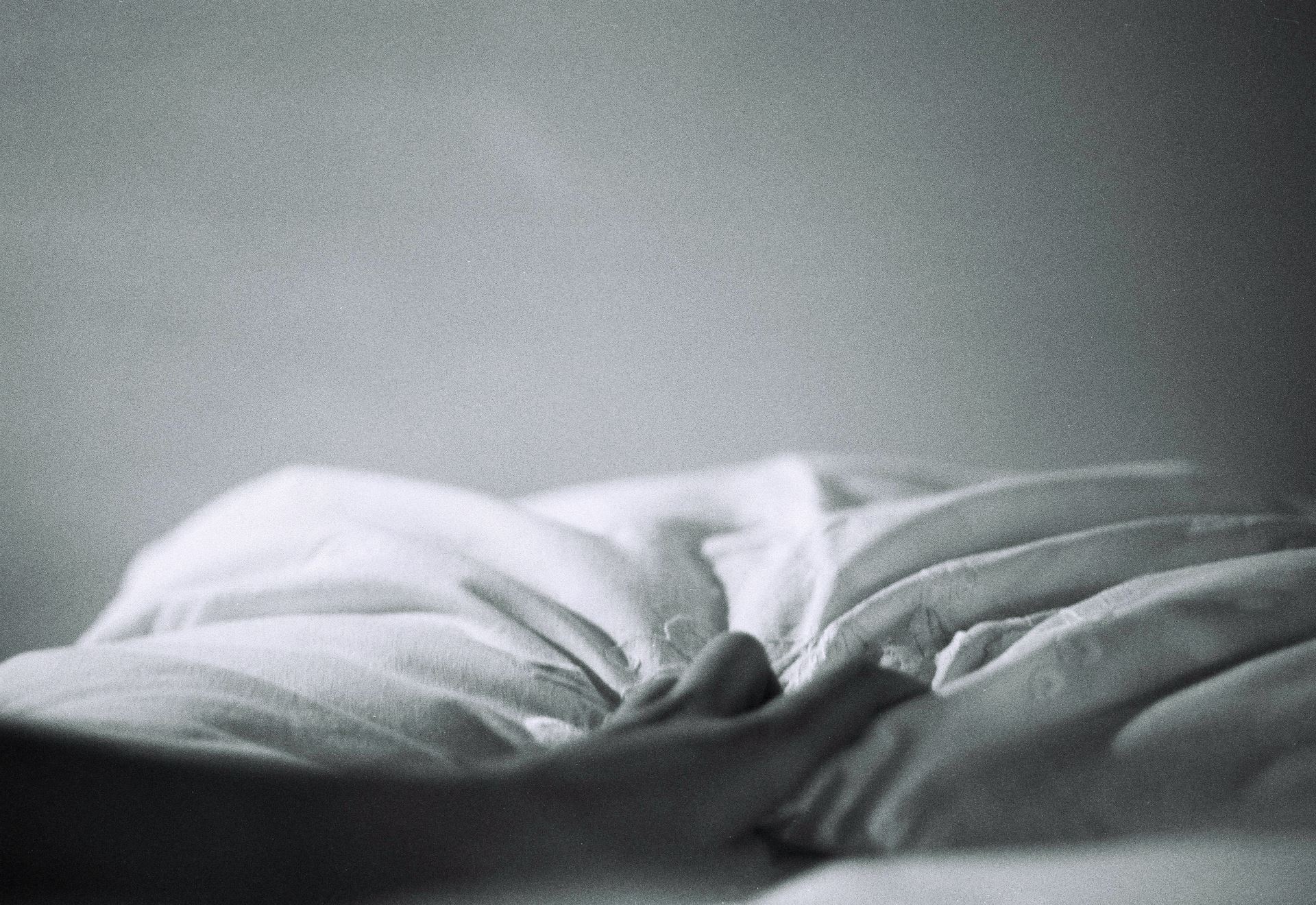Sleep
You are not alone
About 1/3 of the population are thought to have sleep problems at any one time. The pandemic has clearly affected our sleep. Anyone who has ever struggled to get to sleep will tell you how debilitating and frustrating it can be and there is good evidence that poor sleep can affect you and your family's health in a variety of different ways, both physically and mentally, and has even been linked to higher risk of developing certain cancers.
It is normal to take 10-20 minutes to fall asleep; if you often find yourself lying there for longer than this then you may have a sleep problem.
It is important to note that sleeping tablets are rarely (if ever) the answer to sleeping problems - in fact they can often make it worse. Modern life includes a number of influences which have come together to make sleeping well more difficult. The good news is that is it almost certainly within your power to improve your sleep.

Sleep advice
- Develop good habits - start at least an hour before you intend to go to bed, it is hard to go to sleep if you are not tired
- Wind down with something calming: relaxation or yoga, breathing exercises, relaxing music, read a book
- Avoid devices - put your phone down at least an hour before bed, it should not be in your room next to you when you go to sleep
- Your bedroom needs to be conducive to sleep: not too hot or cold, quiet and dark.
- Your bed should be for sleep, not for eating, working, checking email, watching TV or playing computer games
- You need to make your bed a safe space for you (+/- your partner) where you can get away from the stresses of the day
- Do not drink caffeinated drinks in the afternoon - a cup of tea at tea-time will still affect your brain at bed-time.
- Avoid alcohol before bed - it might make you tired but it doesn't help you sleep
- Exercise during the day but not just before bed
- Never nap during the day, no matter how tired you feel. This will only end up making you jet-lagged.
The following advice is most important of all:
- If you can't sleep after 20 mins, get up and go and read a book in a quiet place until you feel tired, then go back to bed.
- If it happens again, get up again and repeat; eventually you should fall asleep
- You must get up at your normal time even if you have only just got to sleep.
- Lie-ins (even at the weekend) will set you back. Getting up at the same time is the key to developing a good sleep pattern.
- It may take several weeks but if you persist with this then things will get easier and better.
